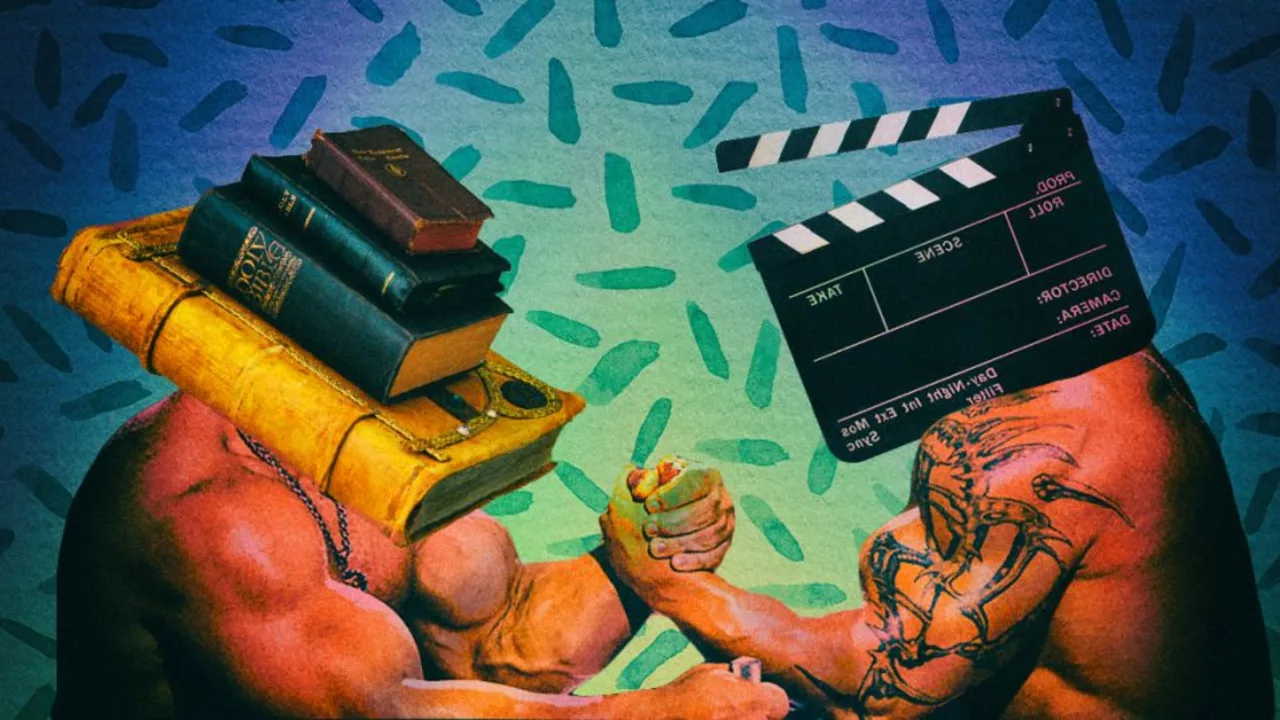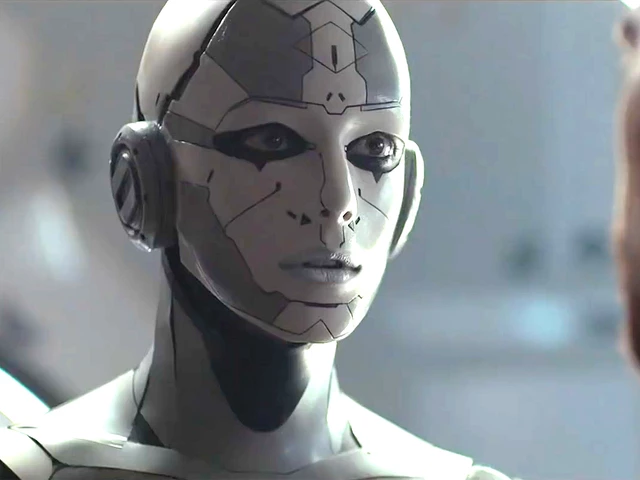Exploring the Fundamentals of Film Making
Whether you are an ardent cinephile or an aspiring filmmaker, understanding the art of film making is a fascinating and enriching experience. There are numerous books that delve into the nitty-gritty of film making. Let's explore some of the best ones that offer an insightful view into the world of films.
The Magic of Movie Making: Unraveling the Secrets
There are books that bring the magic of film making to life, taking readers behind the scenes and revealing the secrets that make the magic happen on the big screen. One such book is "In the Blink of an Eye" by Walter Murch. It's an incisive book that explores the art and craft of film editing. Murch's experiences and insights prove to be a valuable resource for anyone interested in film making.
Another great read is "On Directing Film" by David Mamet. This book offers a comprehensive guide to directing, from the perspective of a renowned playwright and director. Mamet breaks down the process of directing into its most basic, understandable elements, making it an excellent choice for beginners and seasoned professionals alike.
Films: A Reflection of Society
Films often mirror society, reflecting its values, norms, and challenges. Books like "The Story of Film" by Mark Cousins offer an in-depth look at the history of cinema and its evolution over the years. Cousins' exploration of films as a social and artistic expression provides readers with a well-rounded understanding of the medium.
"Pictures at a Revolution" by Mark Harris is another book that demonstrates how films can be a reflection of societal shifts. The book details the making of five films nominated for Best Picture in 1967, analyzing how they reflected the changing American society.
Mastering the Art of Screenwriting
Screenwriting is an integral part of film making and there are several books that offer valuable insights into this craft. "Story" by Robert McKee is arguably one of the best books on screenwriting. McKee thoroughly explains the structure of stories, the principles of storytelling, and how to structure a screenplay.
"Save the Cat! The Last Book on Screenwriting You'll Ever Need" by Blake Snyder is another popular option. Snyder shares his unique method for structuring a screenplay, offering practical advice that can be used by both beginners and experienced screenwriters.
Cinematography: Painting with Light
Cinematography is the art of telling stories with images, and it's a crucial aspect of film making. "Cinematography: Theory and Practice" by Blain Brown is a comprehensive guide to the technical and artistic elements of cinematography. Brown covers everything from the basics of lighting and composition to the latest digital technologies.
"Painting With Light" by John Alton is a classic book on cinematography. Alton, a legendary cinematographer, shares his practical knowledge and artistic vision in this book, making it a must-read for anyone interested in cinematography.
Understanding Film Theory
Film theory is a complex field that offers a deeper understanding of films. "Film Art: An Introduction" by David Bordwell and Kristin Thompson is a comprehensive guide to film theory. The authors use examples from a wide range of films to explain key concepts, making it a great resource for anyone interested in film studies.
"Film Theory and Criticism: Introductory Readings" edited by Leo Braudy and Marshall Cohen is another excellent book for understanding film theory. The book features essays from influential scholars, offering a broad perspective on film theory.
The Business of Film Making
Understanding the business side of film making is crucial for anyone looking to make a career in this industry. "The Movie Business Book" by Jason E. Squire provides a comprehensive overview of the film industry, from production and marketing to distribution and exhibition.
"Independent Film Producer's Survival Guide: A Business and Legal Sourcebook" by Gunnar Erickson, Harris Tulchin, and Mark Halloran is a practical guide for independent filmmakers. The authors cover a wide range of topics, including financing, production, legal issues, and distribution, making it an invaluable resource for indie filmmakers.



